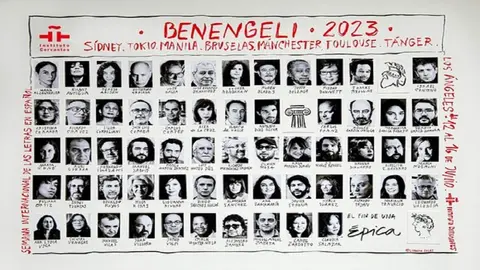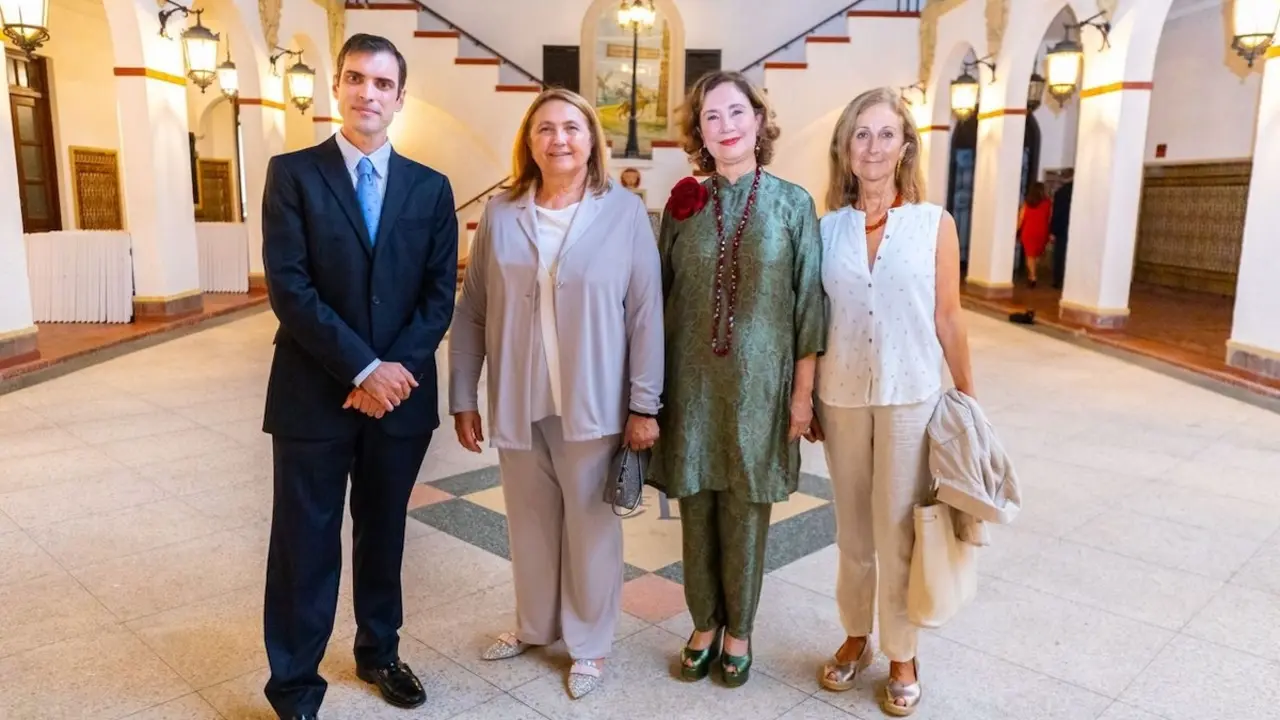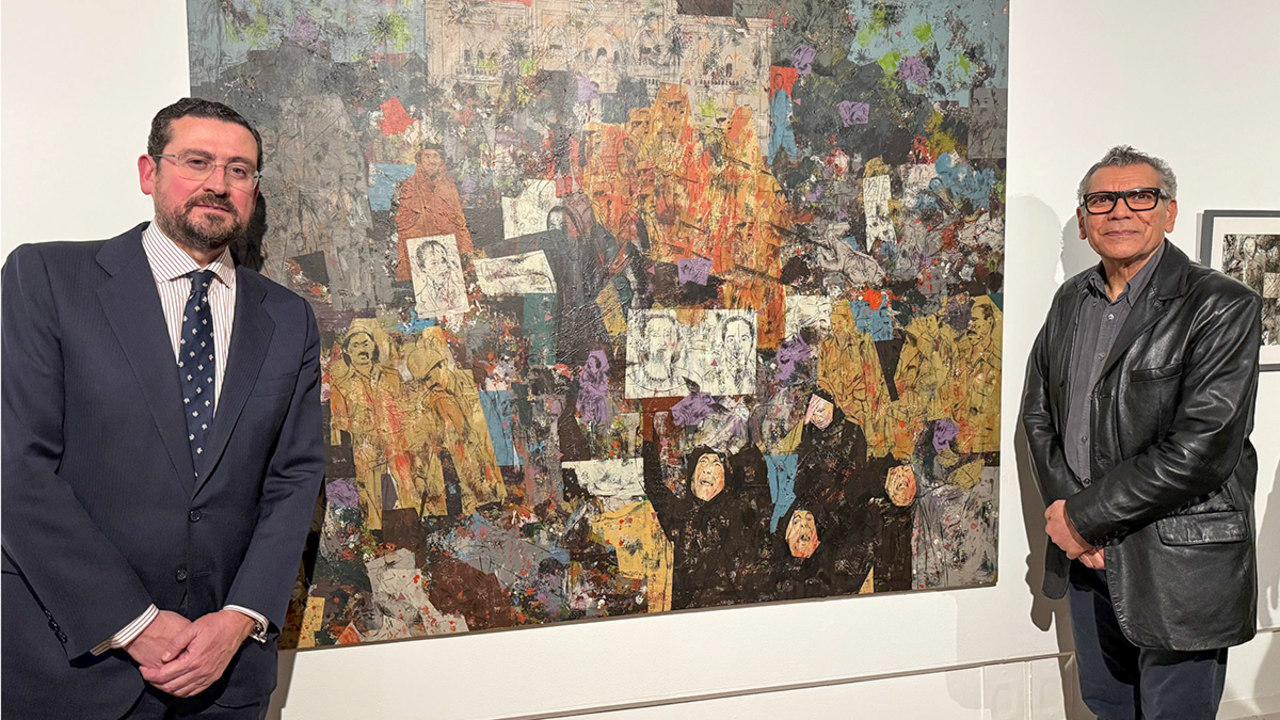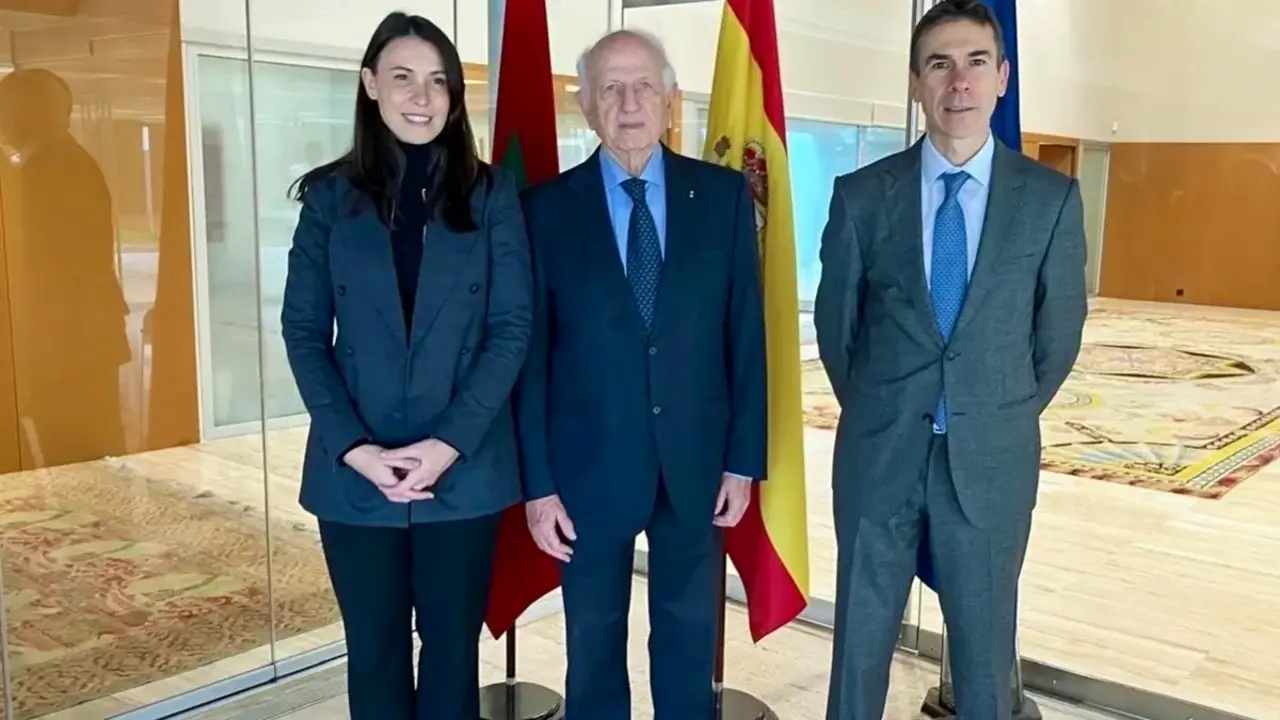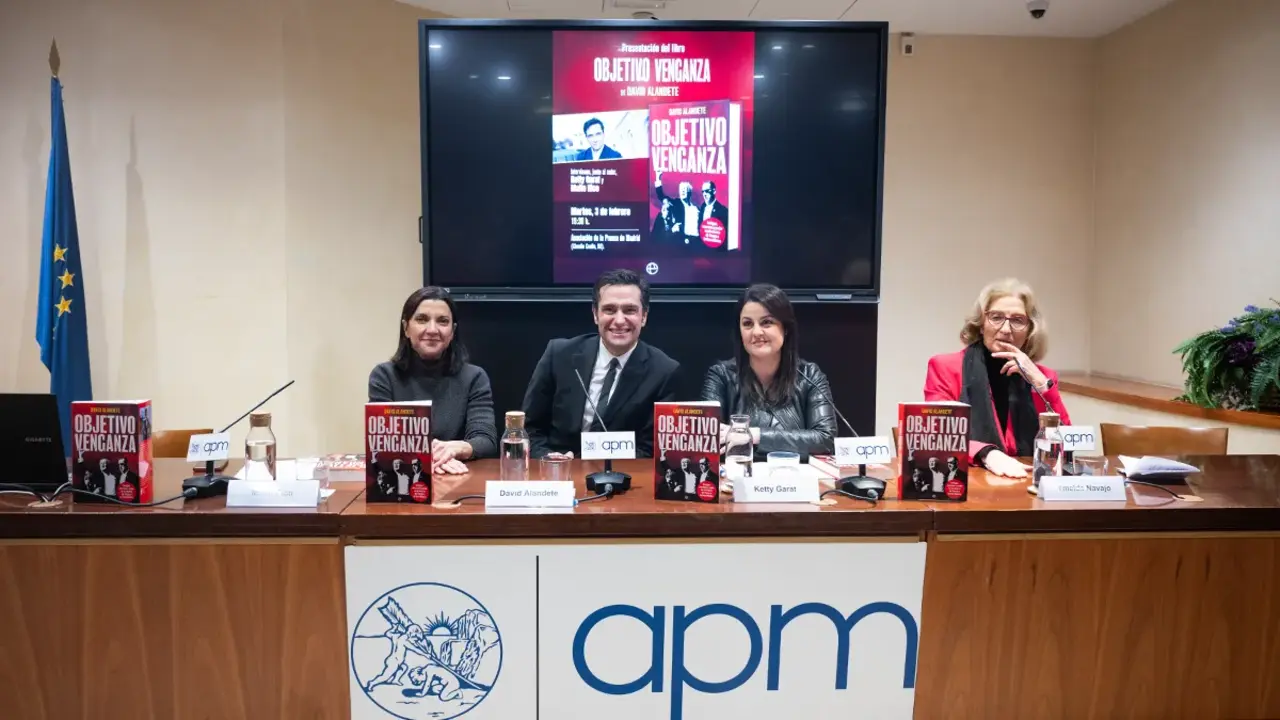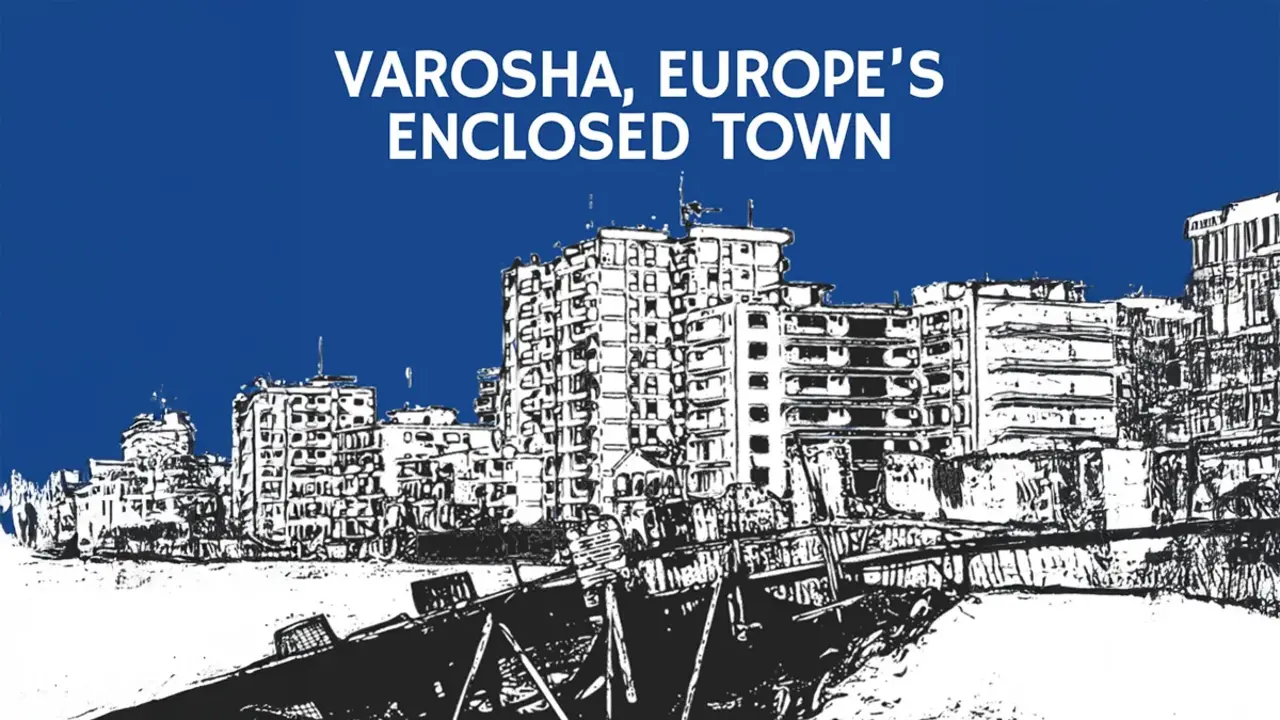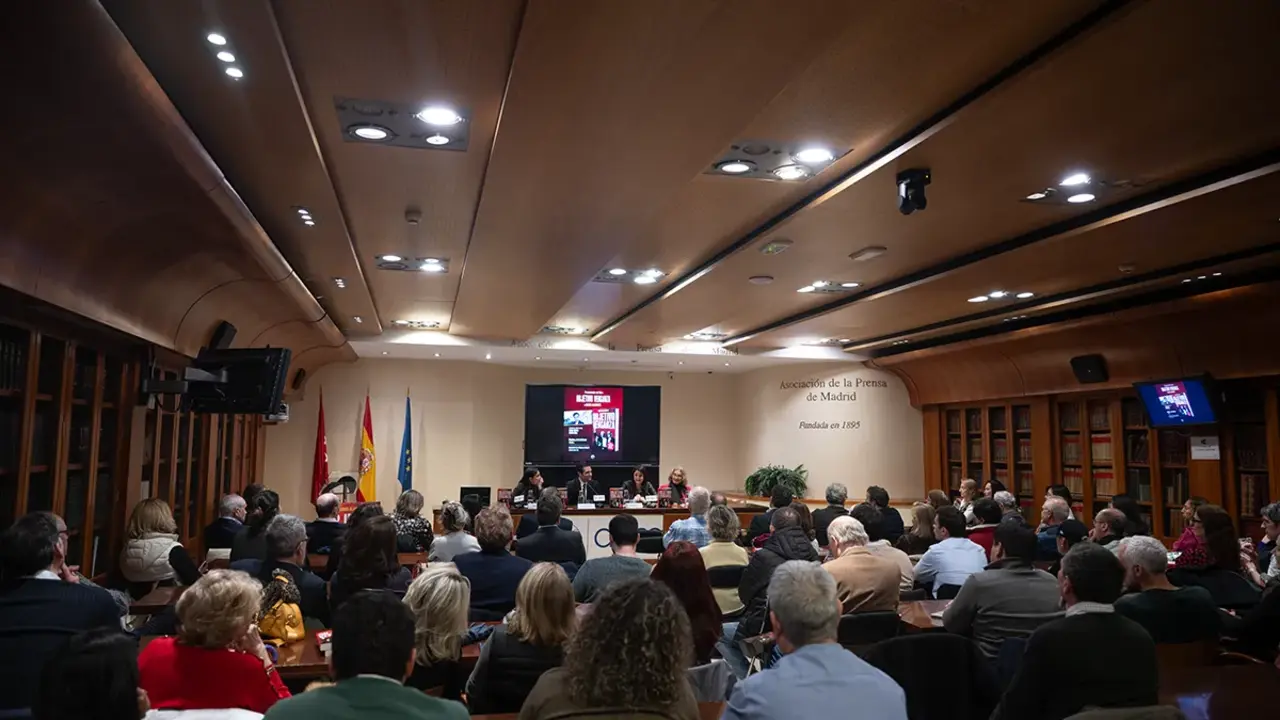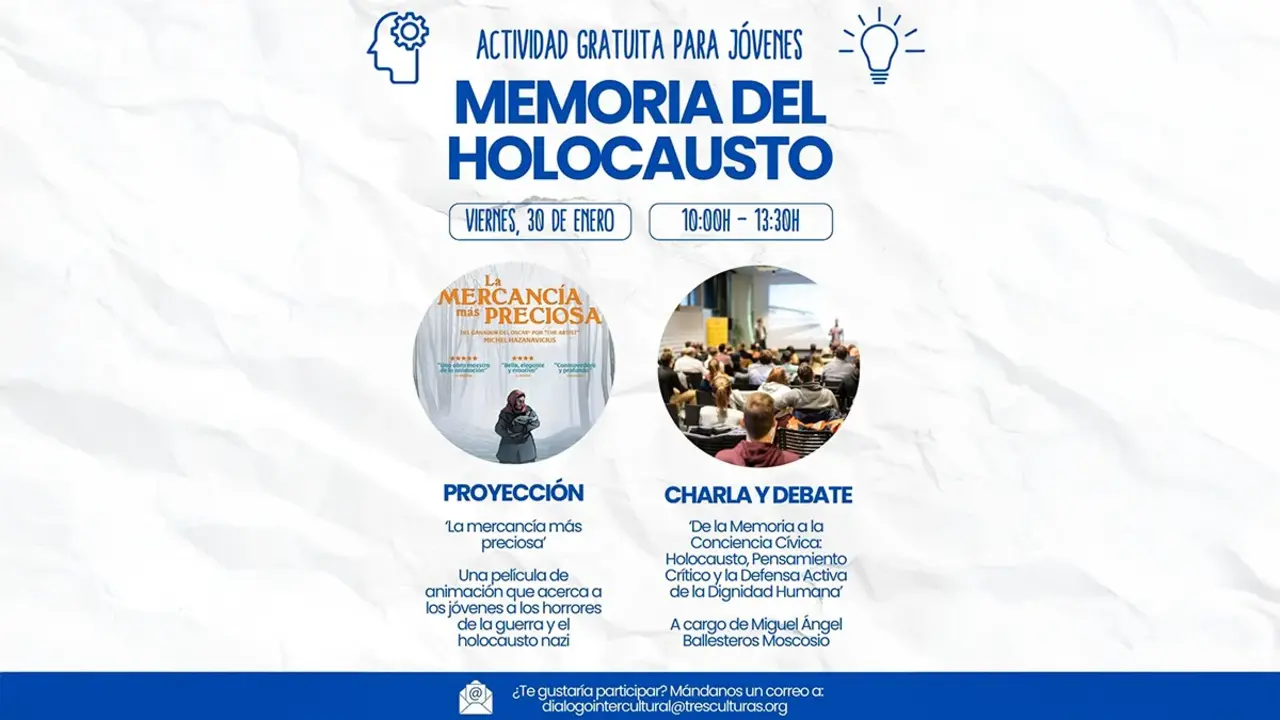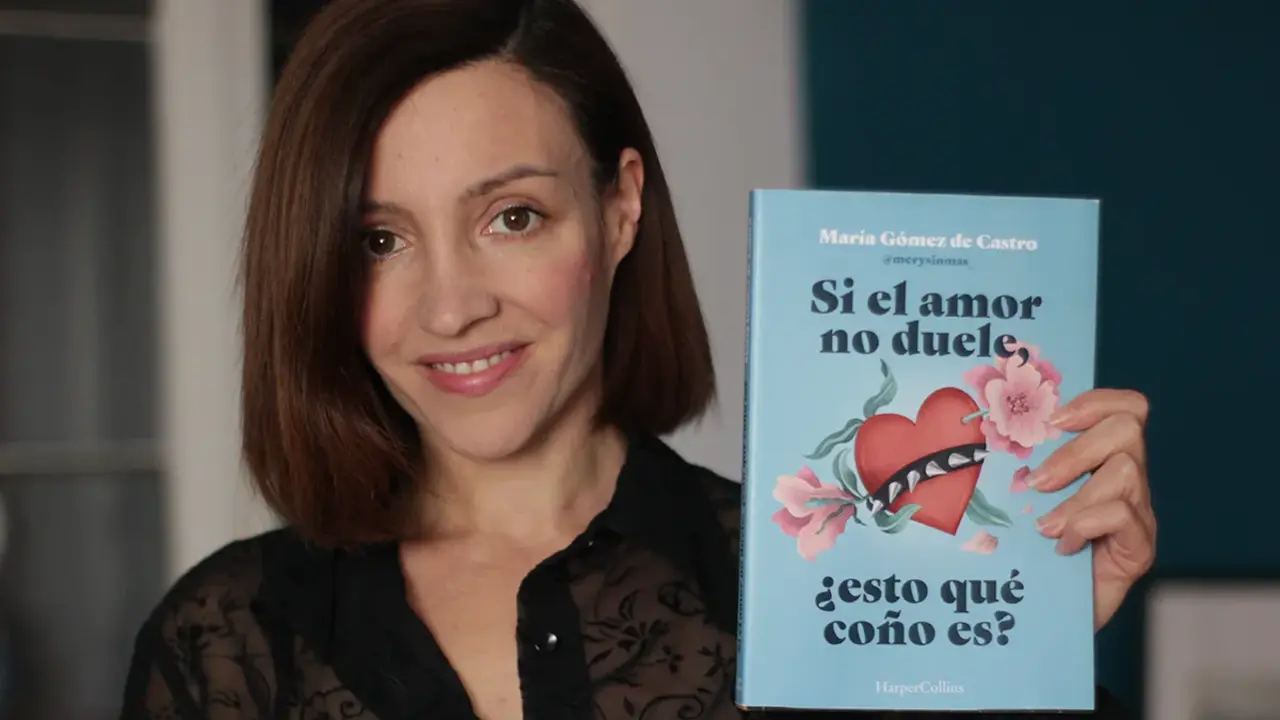The Cervantes Institute hosts a recital by Gioconda Belli and Luis Enrique Mejía Godoy

On Saturday 24 June, the Cervantes Institute is hosting a poetry and music recital at its Madrid headquarters, featuring two international Nicaraguans, the poet and novelist Gioconda Belli and the singer-songwriter Luis Enrique Mejía Godoy, accompanied by the Costa Rican pianist Jonathan Delgado (at 7 p.m.).
Under the title "Water and Fire", they will talk about how poems and songs come about, through a journey through the music and poetry linked to their country and that of other nations governed by dictatorships.
The event, organised by the Cervantes Institute as part of Music Week, can be followed live on the Cervantes Institute's Canal Directo 1 and Youtube.
Gioconda Belli (Managua, Nicaragua, 1948), writer and activist, was a member of the Sandinista National Liberation Front against the Somoza dictatorship in her youth. Recently stripped of her nationality by Daniel Ortega's regime, like her compatriot Sergio Ramírez, she continues her career as an exile.
A leading figure in Latin American feminist literature, with her first book, "Sobre la grama" (1972), she revolutionised poetry by addressing the female body and sexuality. Her novels include "La mujer habitada" (1988), "El pergamino de la seducción" (2004) and "El país de las mujeres" (2010), winner of the La Otra Orilla Hispano-American Novel Prize.
The author has also been awarded the Queen Sofia Prize for Ibero-American Poetry (2023) and the French Fine Arts Prize (2014), among others.
Luis Enrique Mejía Godoy (Somoto, Nicaragua, 1945) comes from a family with a long musical tradition, the son of musician and brother Carlos Mejía Godoy, an icon of Nicaraguan testimonial song.
He began his solo career in the 1970s, when he founded the Nueva Canción Costarricense movement with other artists. With a marked political commitment, the singer-songwriter participated actively in the Sandinista government.
His work, in addition to his own compositions, also includes the musicalisation of pieces by poets such as Rubén Darío, Ernesto Cardenal, José Coronel Urtecho, Joaquín Pasos, Julio Cortázar and Gioconda Belli, among others.
Submitted by José Antonio Sierra, Hispanismo advisor.

